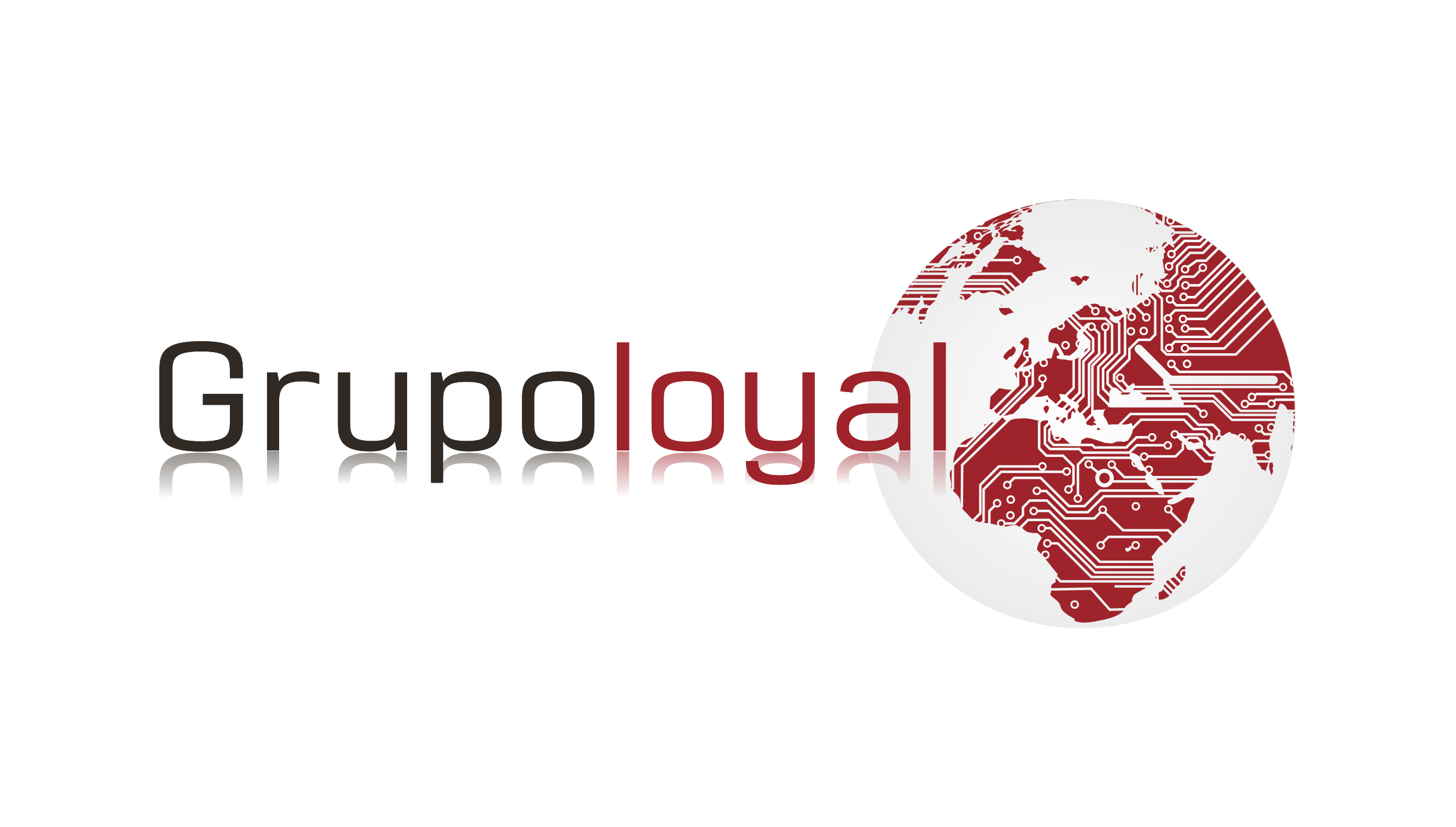
Data Engineering on Google Cloud
This four-day instructor-led class provides participants a hands-on introduction to designing and building data processing systems on Google Cloud Platform. Through a combination of presentations, demos, and hand-on labs, participants will learn how to design data processing systems, build end-to-end data pipelines, analyze data, and carry out machine learning. The course covers structured, unstructured, and streaming data.

Objetivos
Design and build data processing systems on Google Cloud Platform
Process batch and streaming data by implementing autoscaling data pipelines on Cloud Dataflow
Derive business insights from extremely large datasets using Google BigQuery
Train, evaluate, and predict using machine learning models using Tensorflow and Cloud ML
Leverage unstructured data using Spark and ML APIs on Cloud Dataproc
Enable instant insights from streaming data

Cloud computing

Disponible en formato e-learning

Disponible en formato presencial

Disponible en formato a distancia


Subvención disponible
A través de Fundae, cumpliendo requisitos.


Duración
20 horas
- Dificultad 50%
- Nivel alcanzado 80%


Dirigido a
This class is intended for experienced developers who are responsible for managing big data transformations including:
Extracting, Loading, Transforming, cleaning, and validating data
Designing pipelines and architectures for data processing
Creating and maintaining machine learning and statistical models
Querying datasets, visualizing query results, and creating reports


Conocimientos requeridos
To get the most out of this course, participants should have
Completed Google Cloud Basics: Great Machine and Data Learning course OR have equivalent experience
Basic knowledge of the most common query language, such as SQL
Experience in data modeling, extraction, transformation, loading activities
Application development using a common programming language such as Python
Familiarity with machine learning and/or statistics
Temario
Module 1: Introduction to Data Engineering
Explore the role of a data engineer
Analyze data engineering challenges
Intro to BigQuery
Data Lakes and Data Warehouses
Demo: Federated Queries with BigQuery
Transactional Databases vs Data Warehouses
Website Demo: Finding PII in your dataset with DLP API
Partner effectively with other data teams
Manage data access and governance
Build production-ready pipelines
Review GCP customer case study
Lab: Analyzing Data with BigQuery
Module 2: Building a Data Lake
Introduction to Data Lakes
Data Storage and ETL options on GCP
Building a Data Lake using Cloud Storage
Optional Demo: Optimizing cost with Google Cloud Storage classes and Cloud Functions
Securing Cloud Storage
Storing All Sorts of Data Types
Video Demo: Running federated queries on Parquet and ORC files in BigQuery
Cloud SQL as a relational Data Lake
Lab: Loading Taxi Data into Cloud SQL
Module 3: Building a Data Warehouse
The modern data warehouse
Intro to BigQuery
Demo: Query TB+ of data in seconds
Getting Started
Loading Data
Video Demo: Querying Cloud SQL from BigQuery
Lab: Loading Data into BigQuery
Exploring Schemas
Demo: Exploring BigQuery Public Datasets with SQL using INFORMATION_SCHEMA
Schema Design
Nested and Repeated Fields
Demo: Nested and repeated fields in BigQuery
Lab: Working with JSON and Array data in BigQuery
Optimizing with Partitioning and Clustering
Demo: Partitioned and Clustered Tables in BigQuery
Preview: Transforming Batch and Streaming Data
Module 4: Introduction to Building Batch Data Pipelines
EL, ELT, ETL
Quality considerations
How to carry out operations in BigQuery
Demo: ELT to improve data quality in BigQuery
Shortcomings
ETL to solve data quality issues
Module 5: Executing Spark on Cloud Dataproc
The Hadoop ecosystem
Running Hadoop on Cloud Dataproc
GCS instead of HDFS
Optimizing Dataproc
Lab: Running Apache Spark jobs on Cloud Dataproc
Module 6: Serverless Data Processing with Cloud Dataflow
Cloud Dataflow
Why customers value Dataflow
Dataflow Pipelines
Lab: A Simple Dataflow Pipeline (Python/Java)
Lab: MapReduce in Dataflow (Python/Java)
Lab: Side Inputs (Python/Java)
Dataflow Templates
Dataflow SQL
Module 7: Manage Data Pipelines with Cloud Data Fusion and Cloud Composer
Building Batch Data Pipelines visually with Cloud Data Fusion
Components
UI Overview
Building a Pipeline
Exploring Data using Wrangler
Lab: Building and executing a pipeline graph in Cloud Data Fusion
Orchestrating work between GCP services with Cloud Composer
Apache Airflow Environment
DAGs and Operators
Workflow Scheduling
Optional Long Demo: Event-triggered Loading of data with Cloud Composer, Cloud Functions, Cloud Storage, and BigQuery
Monitoring and Logging
Lab: An Introduction to Cloud Composer
Module 8: Introduction to Processing Streaming Data
Processing Streaming Data
Module 9: Serverless Messaging with Cloud Pub/Sub
Cloud Pub/Sub
Lab: Publish Streaming Data into Pub/Sub
Module 10: Cloud Dataflow Streaming Features
Cloud Dataflow Streaming Features
Lab: Streaming Data Pipelines
Module 11: High-Throughput BigQuery and Bigtable Streaming Features
BigQuery Streaming Features
Lab: Streaming Analytics and Dashboards
Cloud Bigtable
Lab: Streaming Data Pipelines into Bigtable
Module 12: Advanced BigQuery Functionality and Performance
Analytic Window Functions
Using With Clauses
GIS Functions
Demo: Mapping Fastest Growing Zip Codes with BigQuery GeoViz
Performance Considerations
Lab: Optimizing your BigQuery Queries for Performance
Optional Lab: Creating Date-Partitioned Tables in BigQuery
Module 13: Introduction to Analytics and AI
What is AI?
From Ad-hoc Data Analysis to Data Driven Decisions
Options for ML models on GCP
Module 14: Prebuilt ML model APIs for Unstructured Data
Unstructured Data is Hard
ML APIs for Enriching Data
Lab: Using the Natural Language API to Classify Unstructured Text
Module 15: Big Data Analytics with Cloud AI Platform Notebooks
What’s a Notebook
BigQuery Magic and Ties to Pandas
Lab: BigQuery in Jupyter Labs on AI Platform
Module 16: Production ML Pipelines with Kubeflow
Ways to do ML on GCP
Kubeflow
AI Hub
Lab: Running AI models on Kubeflow
Module 17: Custom Model building with SQL in BigQuery ML
BigQuery ML for Quick Model Building
Demo: Train a model with BigQuery ML to predict NYC taxi fares
Supported Models
Lab Option 1: Predict Bike Trip Duration with a Regression Model in BQML
Lab Option 2: Movie Recommendations in BigQuery ML
Module 18: Custom Model building with Cloud AutoML
Why Auto ML?
Auto ML Vision
Auto ML NLP
Auto ML Tables

Comentarios recientes